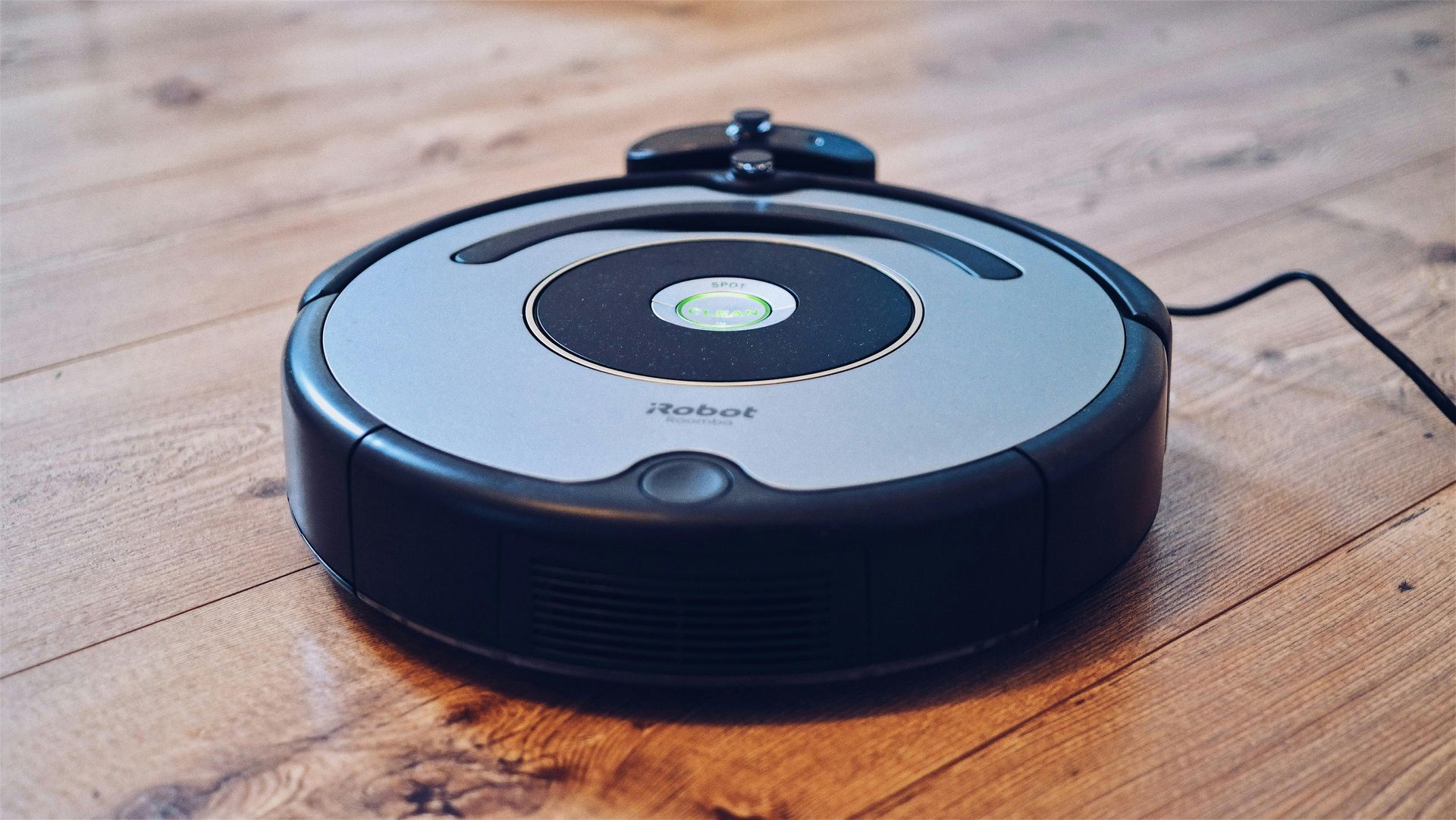Bed, Bath & Beyond Files for Ch. 11 Bankruptcy
Bed Bath & Beyond filed for Chapter 11 bankruptcy protection in April 2023 after it failed in several last-ditch efforts to raise enough money to keep the company alive.
The beleaguered home goods retailer has been warning of a potential bankruptcy since early January, when it issued a “going concern” notice that it may not have the cash to cover expenses after a dismal holiday season. Shares of the company closed at 29 cents Friday, giving it a market value of $136.9 million. The stock is down about 88% this year. Last April, it was trading around $20 a share.
The company’s 360 namesake stores and 120 Buybuy Baby locations will remain open for the time being as it begins to close the business and liquidate assets. But it has filed motions in New Jersey bankruptcy court asking permission to auction the two brands, the company said in a release. It has already committed to closing all of its Harmon FaceValue stores.
As of late November, Bed Bath had about $4.4 billion in assets and $5.2 billion in debts, court filings show. Alongside a long list of creditors, including vendors like Pinterest, Keurig and Blue Yonder, it owes the most to BNY Mellon at $1.18 billion, the documents show. It has between 25,001 and 50,000 total creditors and employs about 14,000 non-seasonal workers, court filings say.
Bed Bath has been hanging on by a thread since January but has refused to go down without a fight. It secured what was then-considered a Hail Mary stock offering in early February that was expected to infuse more than $1 billion in equity into Bed Bath, but the plan faltered and brought in only $360 million, the company said.
At the end of March, Bed Bath announced another stock offering it hoped would bring in $300 million, but that news sent the share price tumbling and it struggled to raise the funds it hoped the offering would provide. As of April 10, the company had sold approximately 100.1 million shares and raised only $48.5 million.
In filings, the company warned if it didn’t raise the anticipated proceeds from the offering, it would likely have to file for bankruptcy protection.
Days after the second stock offering was announced, Bed Bath said it had partnered with liquidator Hilco Global to boost its inventory levels. Under the agreement, Hilco subsidiary ReStore Capital agreed to buy up to $120 million in merchandise from the company’s key suppliers after relationships with Bed Bath’s vendors soured because of its liquidity issues.
However, the plans ultimately proved futile.
The retailer has struggled to maintain relationships with its vendors and has been grappling with low inventory levels, lagging sales and a rapidly dwindling cash pile.
Going into the holiday season, Bed Bath had difficulty keeping its shelves stocked and because of its liquidity issues, some vendors began asking for prepayments, the company said in securities filings.
In late March, the company reported preliminary results for its fiscal fourth quarter, with net sales of roughly $1.2 billion and comparable store sales declining in the range of 40% to 50%. The company noted negative operating losses have continued, although it said it hadn’t depleted its free cash flow.
The company reported $2.05 billion in revenue for the fiscal fourth quarter of 2021.
Article taken from CNBC.com








